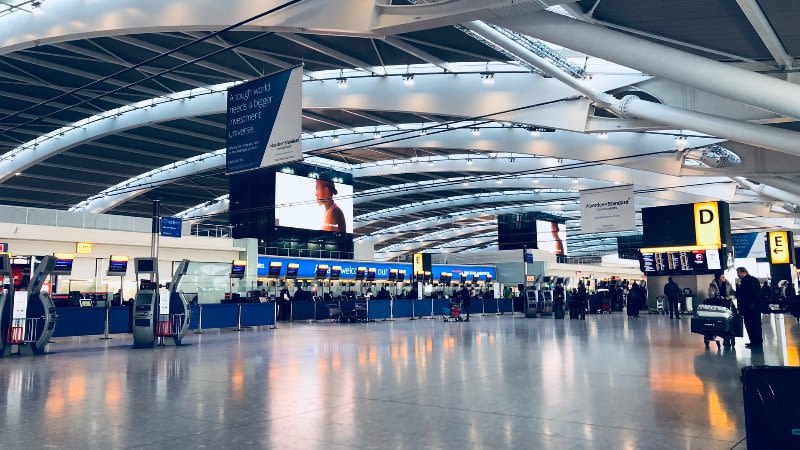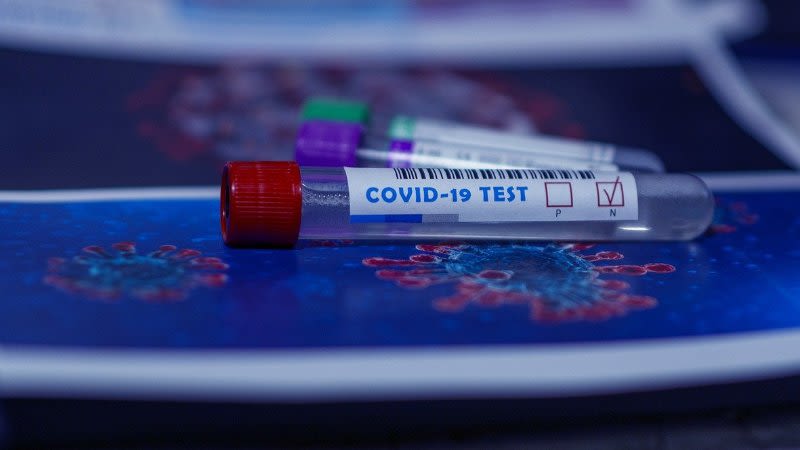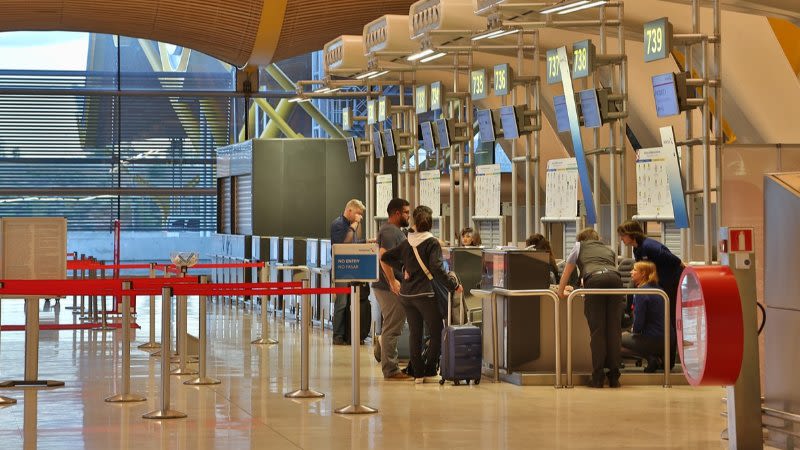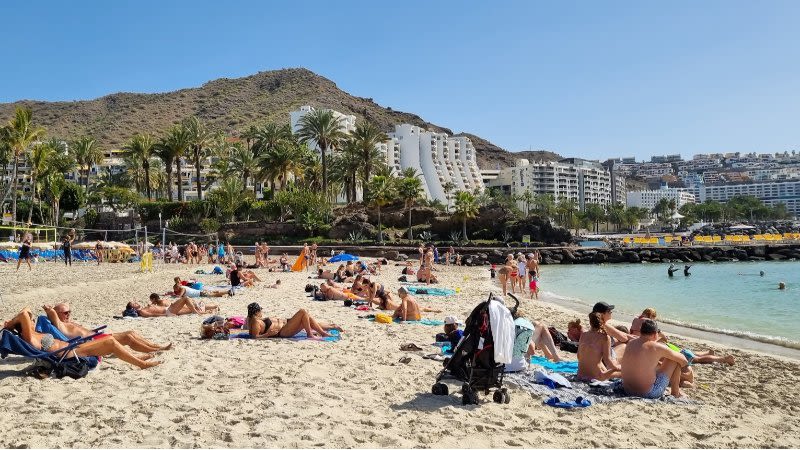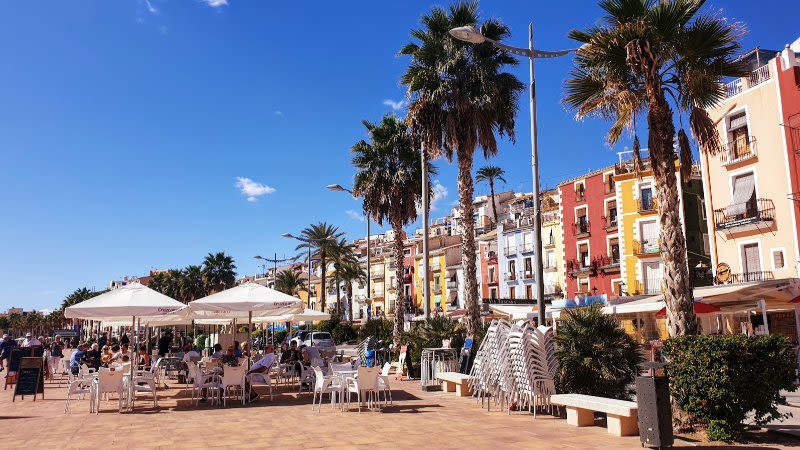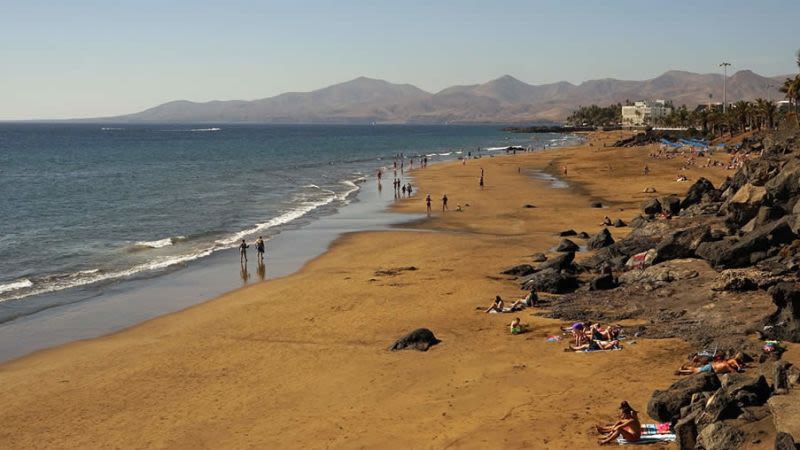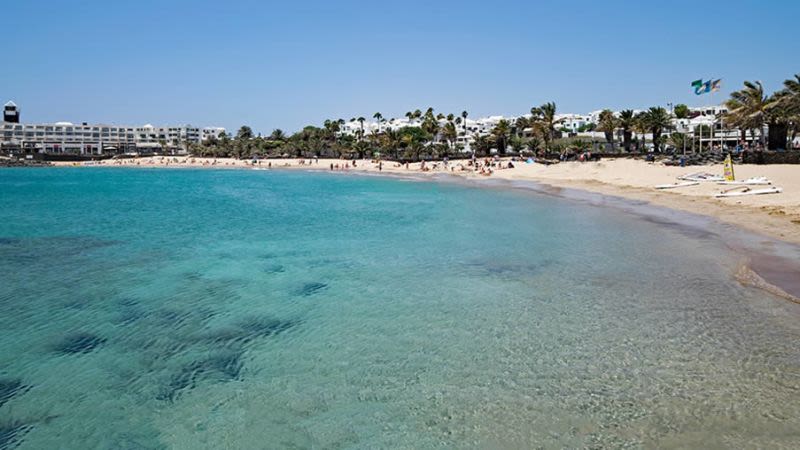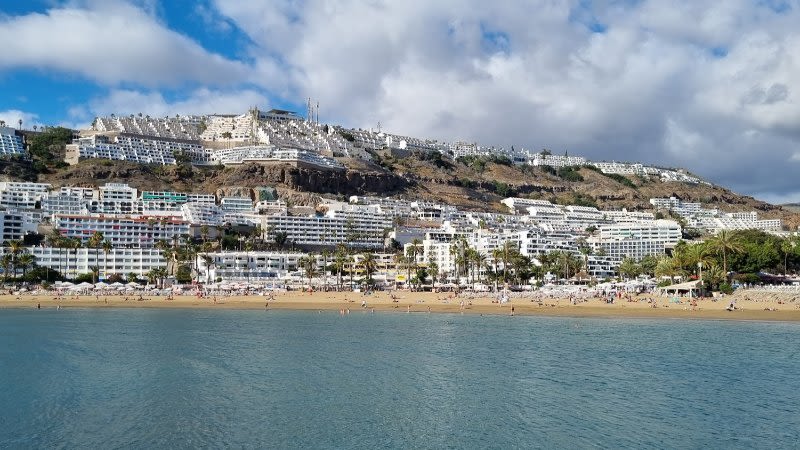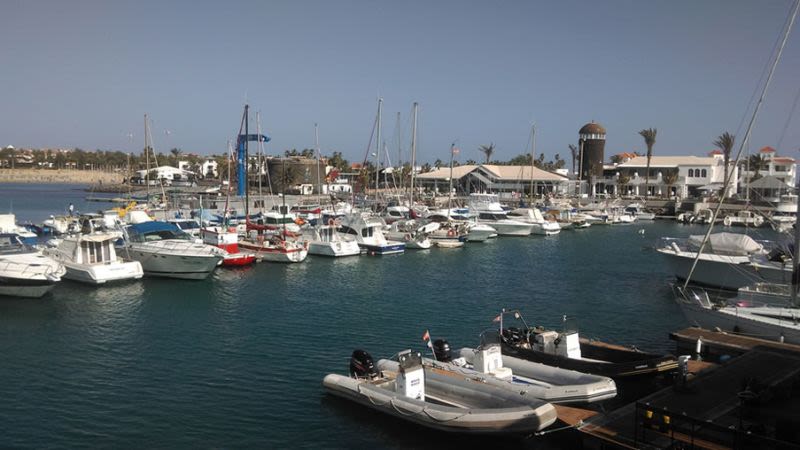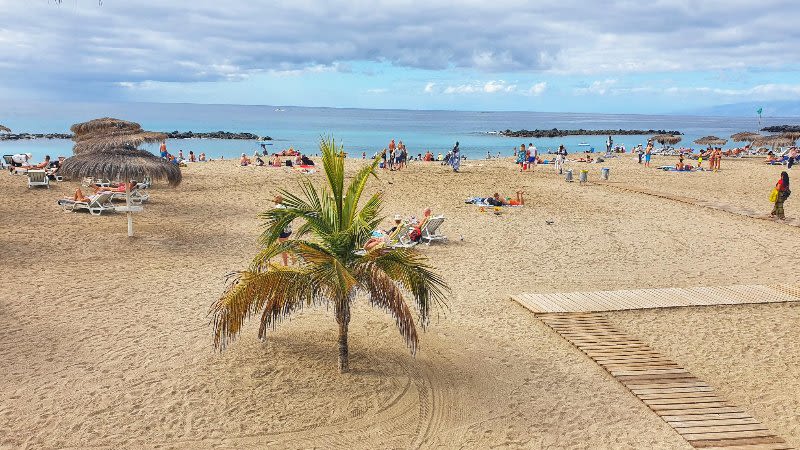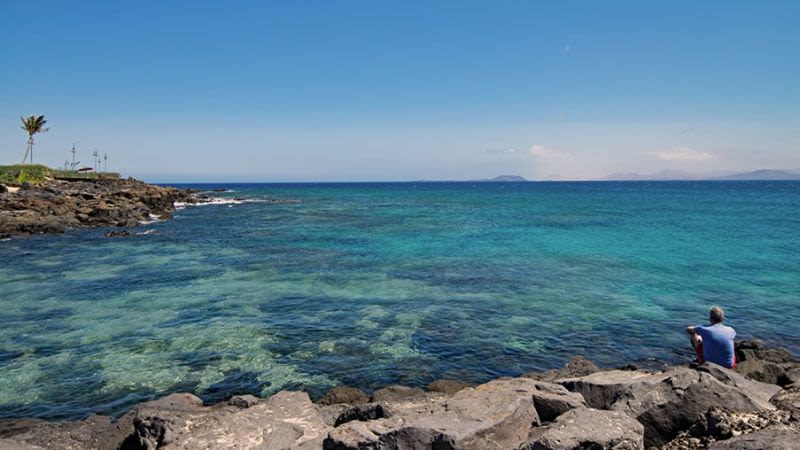Visitors to the Canary Islands: Book a PCR, TMA or LAMP test (not antigen)

The central government in Madrid has overturned the Canary Islands decree that was passed to validate antigen tests in the case of international tourists coming to the archipelago.
The State Council has overturned the decree with which the Government of the Canary Islands intended to validate antigen tests as sufficient evidence in the case of foreign tourists to prove that they are not infected with the new coronavirus.
In an attempt to try and save the winter tourist season, the Canary Islands had passed a decree which accepted antigen tests in the case of tourists coming from other countries to the Canaries.
But on the same day, Spain announced new entry rules to the country, which are valid for all ports and airports in the country. Under Spanish rules, only PCR and TMA tests are acceptable (antigen tests are not). And although hotels and other tourist establishments can continue to accept antigen tests from tourists checking into their establishments, the new entry requirements to Spain only allow for PCR and TMA tests to be used.
The President of the Canary Islands has tried to get Madrid to approve antigen tests and harmonize the entry rules for the entire country, due to the fact that PCR tests cost a lot more than antigen tests, and they also take longer to process, which makes it impossible for some tourists to get the results back in time, in order to be allowed to board the plane.
But for the moment, Spain's central government only continues to accept as valid PCR and TMA tests and things are not looking like they will change any time soon.
So what are the rules and what test do you need in order to travel to the Canary Islands and Spain in general?
FOR PEOPLE COMING FROM HIGH-RISK COUNTRIES
- Only PCR, LAMP, or TMA tests are accepted for entry into all of Spain (this includes the Canary Islands)
- Only passengers coming from a high-risk country need a test to enter Spain.
- Tests need to be done no more than 72 hours prior to arrival, in order to enter the country
- Children under 6 are exempt
- The SPTH form needs to be completed and you need to have the QR code. All people entering Spain from other countries, regardless of their nationality, age, or any other consideration need to fill in this form.
According to Spain's Ministry of Health, from December 10th, 2020, TMA (Transcription-Mediated Amplification) and RT-LAMP (Reverse Transcriptase Loop-Mediated Isothermal Amplification) tests are also accepted as diagnostic tests in addition to PCR. Also, from this date, children under 6 years old are exempt from diagnostic testing for active SARS-CoV-2 infection, in order to enter Spain.
FOR PEOPLE WHO ARE NOT COMING FROM HIGH-RISK COUNTRIES
If you're not coming to the Canary Islands from a high-risk country, you don't need a PCR or TMA test in order to enter Spain.
In this case, only the Canary Islands decree regarding tourists staying in regulated establishments will apply to you.
This means that if you're coming to the Canary Islands for a country that is not high-risk and you are staying in a hotel or licensed private rental (apartment or villa), you will need a test in order to be checked in, which can also be an antigen test.
As this test is not mandatory for entering Spain and is only required in order to stay in tourist accommodation, the Canary Islands decree applies and antigen tests will be accepted. In any case, it is best to check with your hotel or host before traveling, to see if they have other rules.
WHAT TYPE OF TEST YOU NEED DEPENDS ON WHETHER YOUR COUNTRY OF ORIGIN IS CONSIDERED HIGH RISK OR NOT
With so many different rules in place, it can be confusing as to what type of test you need in order to travel to the Canary Islands.
What you need to understand is that there are 2 laws in place: the Spanish law, regarding entry in Spain for people coming from high-risk countries, who are required to have a PCR or TMA test and the decree-law passed in the Canary Islands, which requires all visitors, regardless of their country of origin, to have a negative test (both antigen or PCR are accepted in this case) in order to stay in a hotel or licensed rental, like villas or apartments.
So if you're coming to Spain (including to the Canary Islands) from a high-risk country, you need a PCR or TMA test 72 hours before arrival, in order to enter the country.
If you're not coming from a high-risk country, then you only need a test in order to stay in a hotel or licensed rental, and that test can also be an antigen test according to the Canary Islands decree (of course that PCR tests are accepted as well).
I hope that this makes it a bit more clear as to what type of test you need before coming to the Canaries.
We advise you to always read the official information provided by the government in your own country before you travel to know what conditions apply to you.
You should also ask your airline for information before you travel, as they may have their own rules regarding travel and you need to make sure you know what they are.
FCO updated their information as well
This is the latest update on the government website: "Removal of information on antigen tests for entry to the Canary Islands".
Please read the complete information regarding Entry requirements and travel advice to Spain published on the government page and only follow the official advice when it comes to traveling to foreign countries.
TUI has also published an update reflecting this change, as up to this point they were accepting antigen tests in the case of tourists coming to the Canaries.
Book a PCR test if you traveling to the Canary Islands
If you have a holiday booked and you are coming to the Canaries, please book a PCR test.
This is the way to be sure that you will be allowed to board the plane and that you won't have any problems once you get here.

